This Is Everything That's Robbing You of Sleep
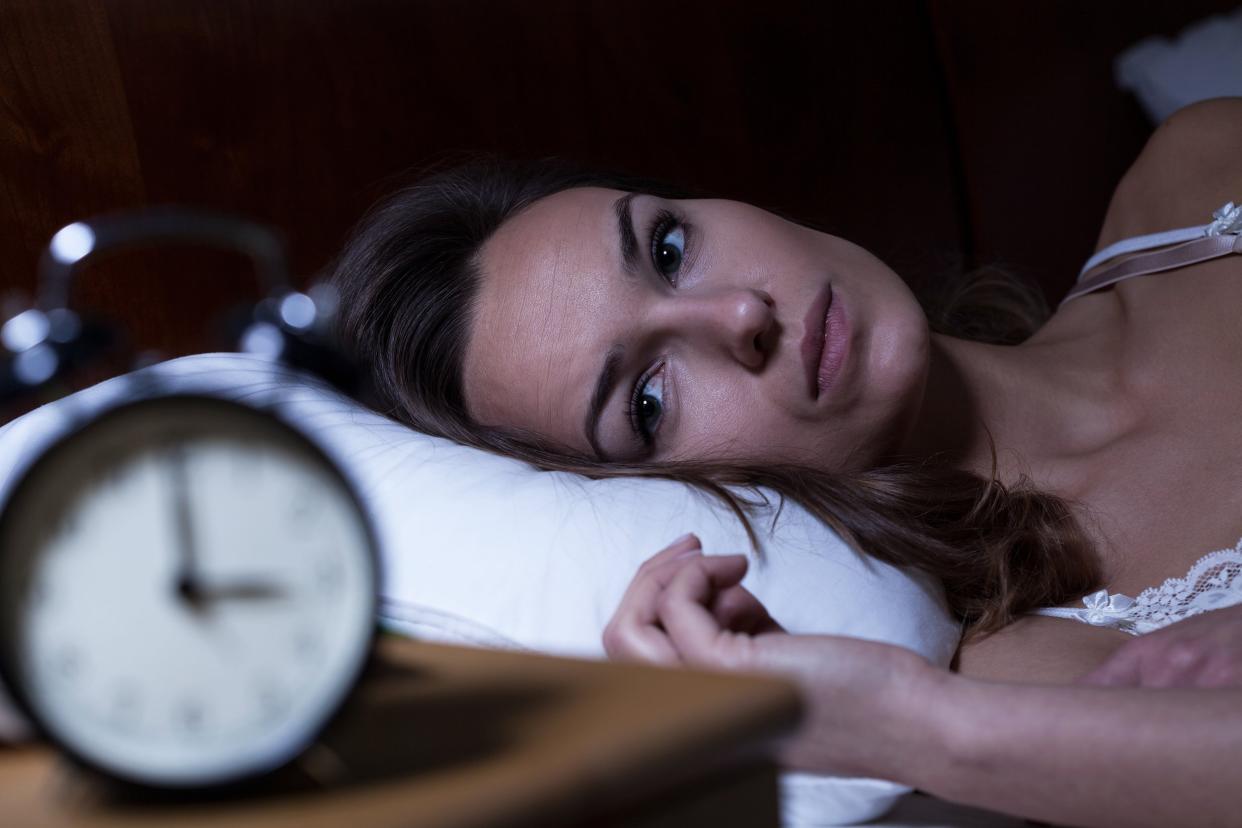
The Centers for Disease Control and Prevention may be more commonly in the news these days because of coronavirus, but the agency also tracks a far more pedestrian problem: lack of sleep, which affects as many as 70 million U.S. adults with a sleep-related disorder. There were dozens of factors deciding whether we tossed and turned or racked up hours of blissful slumber before COVID-19, and now comes a new warning that something else big — climate change — is ready to rob us of even more sleep.
Related: The Best Gifts for Night Owls of Every Possible Persuasion
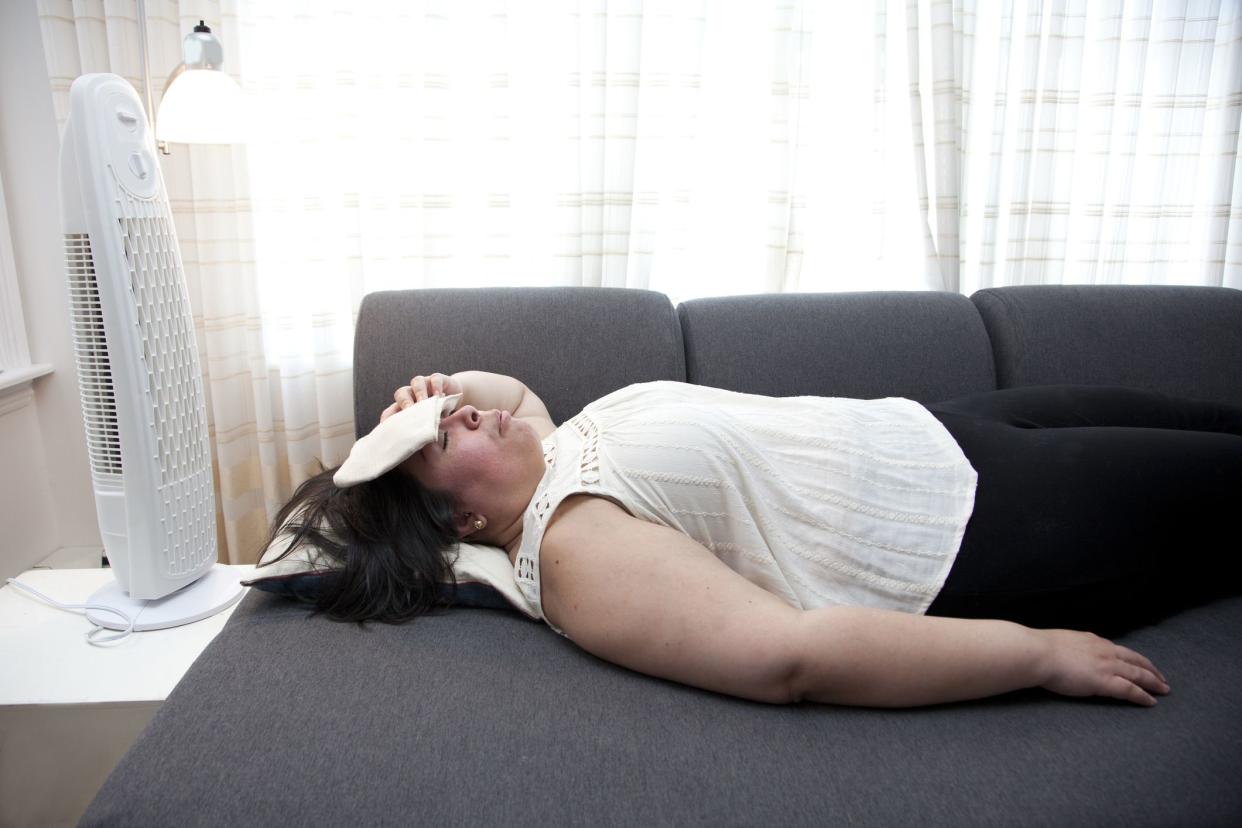
As climate change continues to heat up the Earth, we have more to worry about than crazy weather and rising tides. A new study reveals that worldwide, people are expected to lose 50 to 58 hours of sleep each year due to climate change by 2099. It found that the likelihood of getting less than seven hours of sleep increaes by 3.5% if the nighttime temperature exceeds 77 degrees Fahrenheit. If you're elderly, you can expect to lose twice the amount of sleep per degree of warming compared with younger people, and if you're a woman, you're 25% more affected by the rising temperatures than a man.
Related: World's Most Beautiful Glaciers to See Before They're Gone
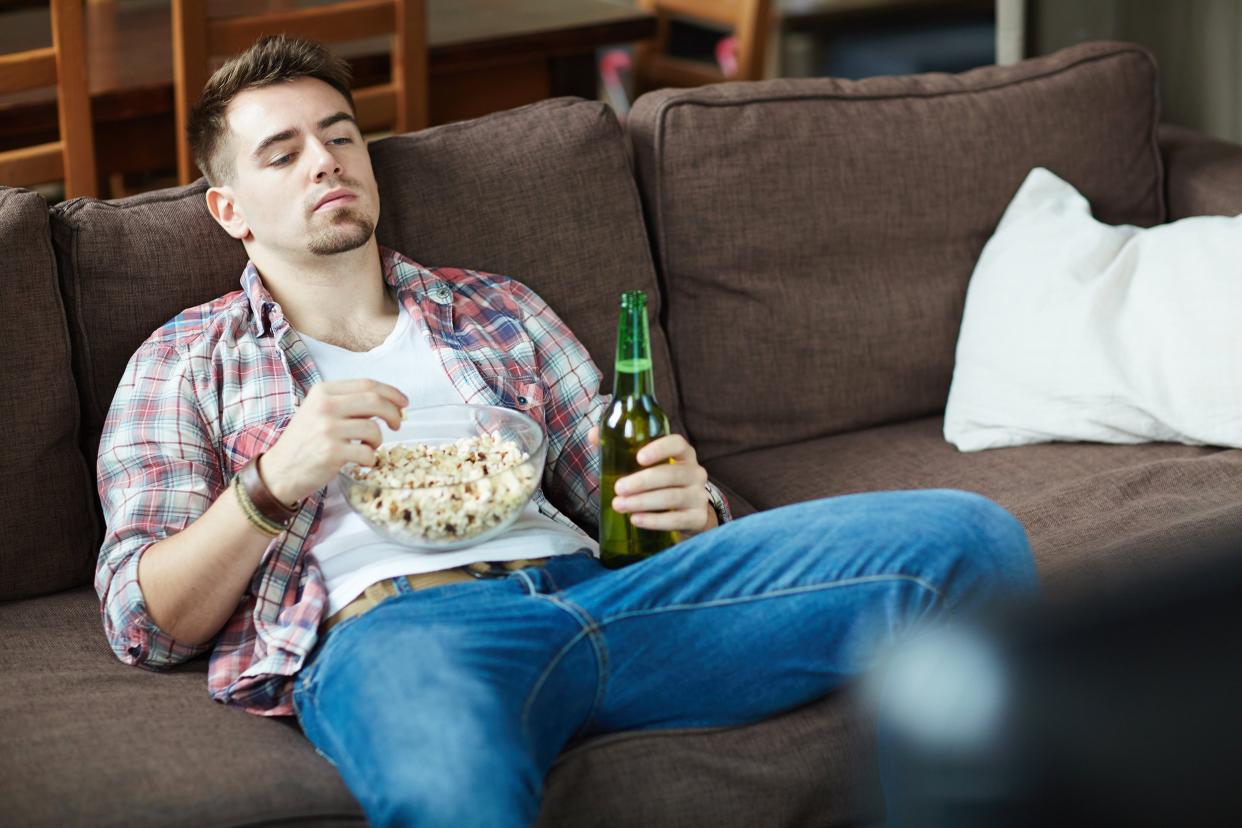
Oregon State University researchers have found that about 150 minutes of exercise a week — a little over 20 minutes a day — can boost sleep quality by a whopping 65%, even controlling for factors including age and physical and mental health. Don't worry too much if the only time to squeeze in a workout is before bed. While it's true that some people have too much adrenaline after exercise to fall asleep easily, up to 83% reported better sleep than people who didn't exercise, regardless of the workout hour, according to a National Sleep Foundation poll.
Related: This Cheap Workout Gear Can Help You Stay in Shape at Home
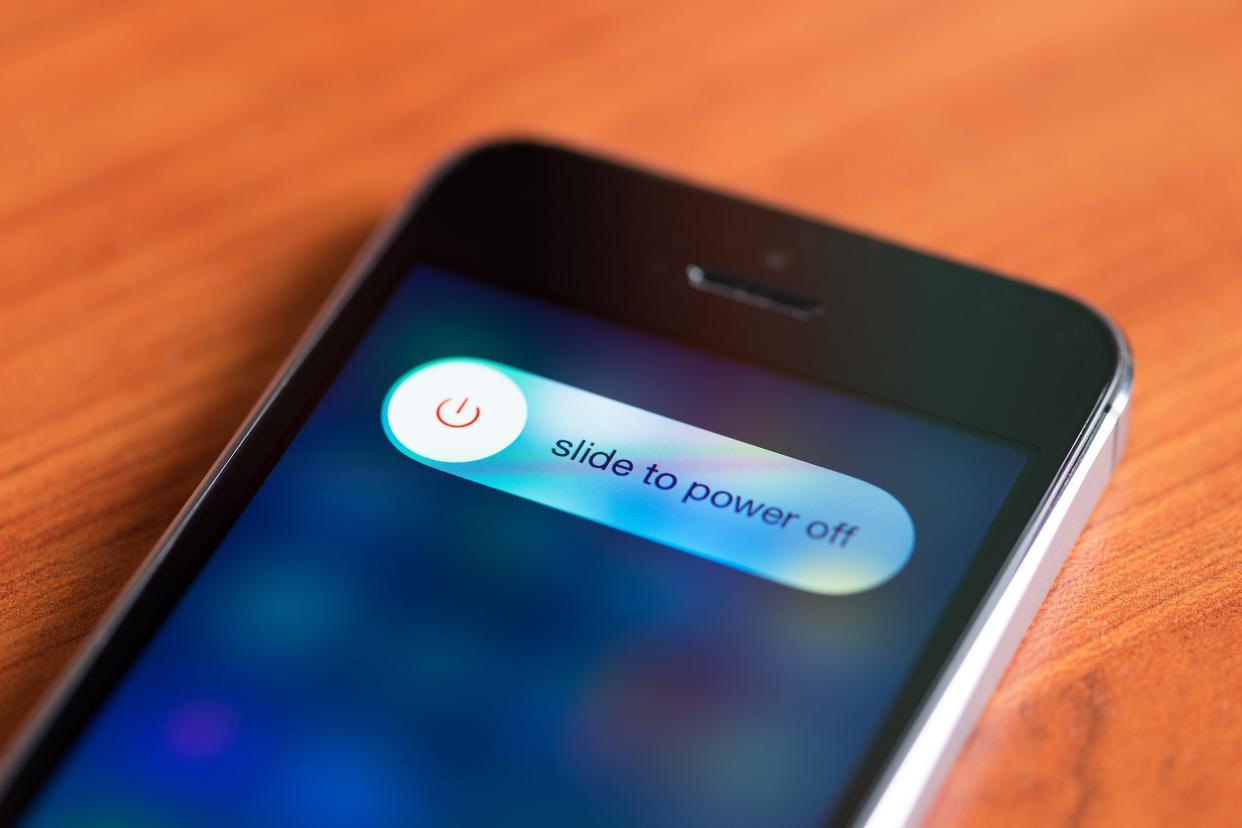
If you wind down in bed by scrolling through email, social media, or the news, you're far from alone. But the blue light from the screen can disrupt circadian rhythms — users are likely to feel more awake after staring at a phone, not drowsy and relaxed. The National Sleep Foundation recommends at least a half-hour buffer of tech-free time before bed, or even keeping technology (including TV) out of the bedroom altogether. At least enable your phone's "Night Shift" mode, which emits a warmer, less-disruptive light.
Related: 12 Benefits of Banning Electronics from the Bedroom
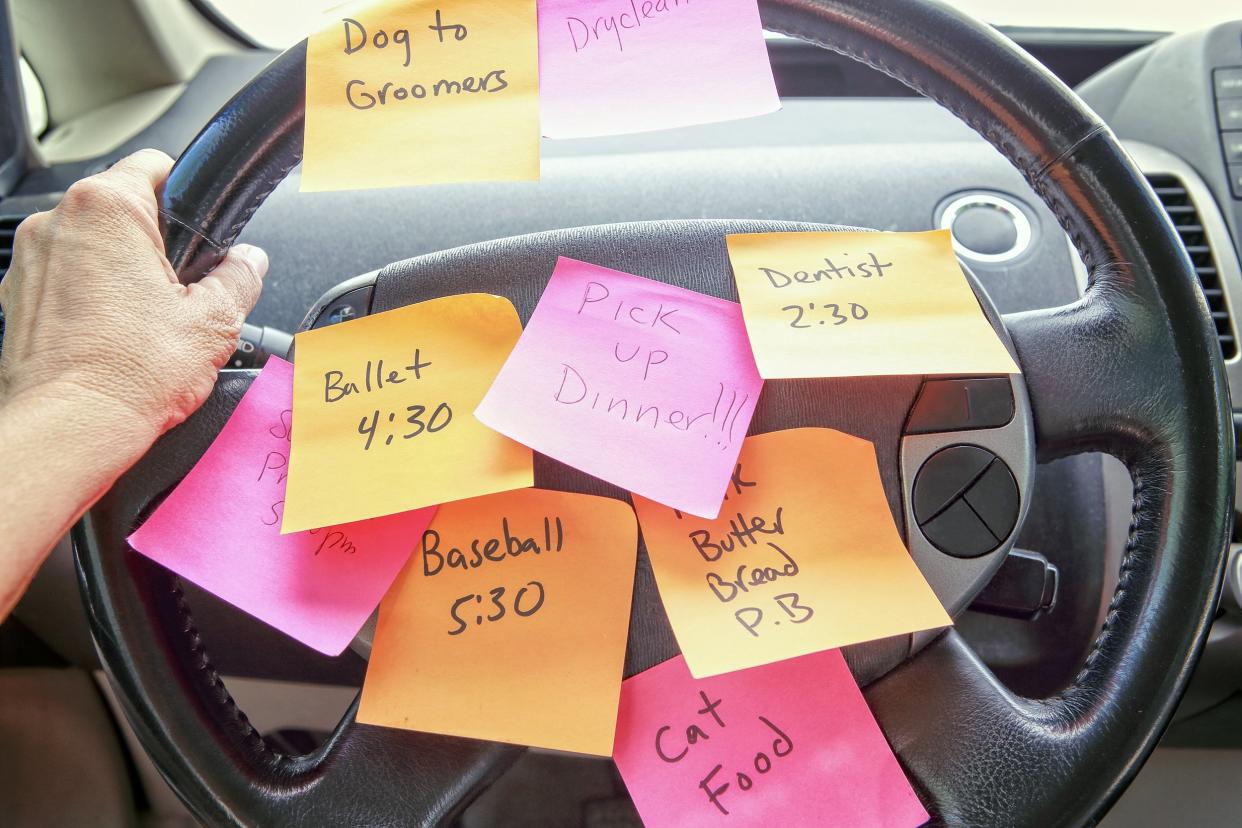
One of the best things to do for better sleep is to stick to a regular sleep schedule. Going to bed and waking up at different times can mess with your biological clock. Sleep expert and psychologist Stephanie Silberman recommends aiming for the same bedtime every night. She also says it's best to make a shift in gradual, 15-minute increments: If you go to bed at midnight but think 10:30 p.m. would be best, allow yourself most of a week to adjust. Silberman also cautions against sleeping in for more than an hour or two on the weekends.
Related: 25 Expert Tips for a Healthy Work-Life Balance While Working from Home
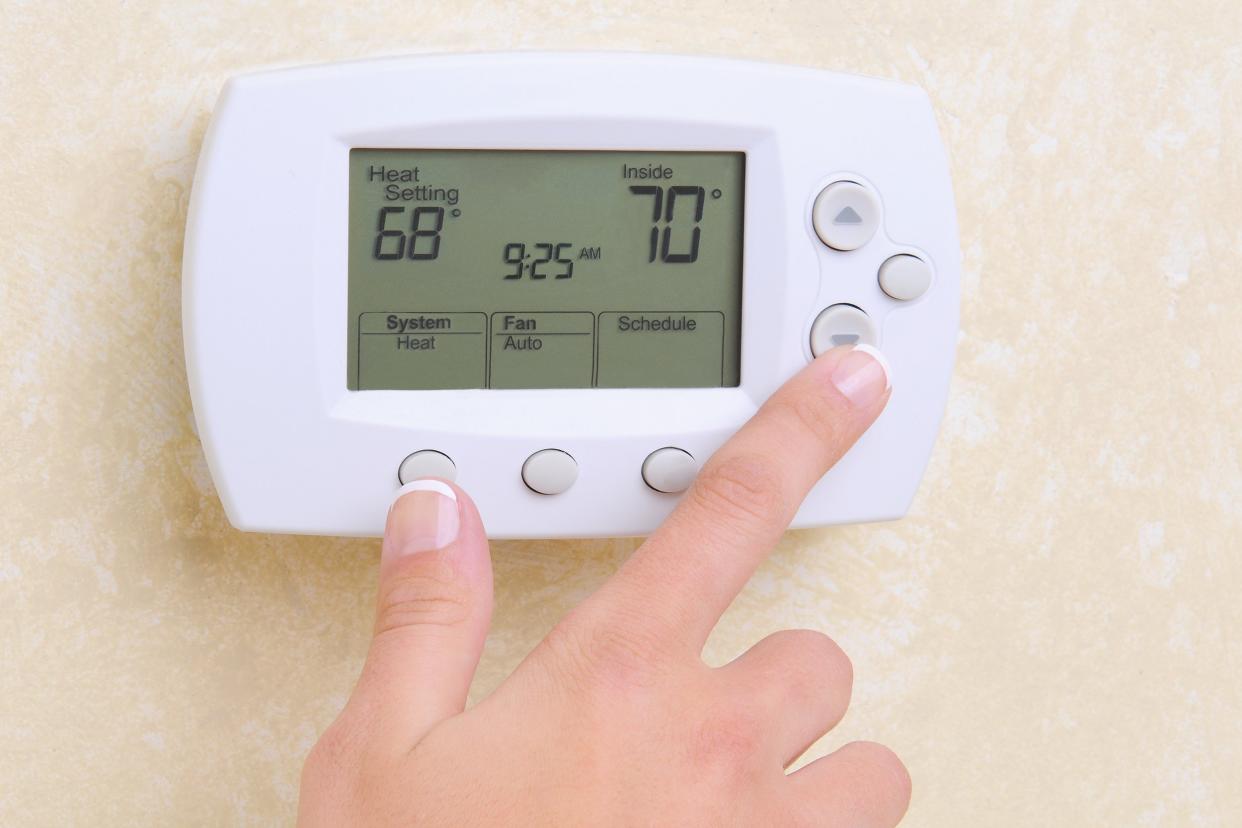
Bump the thermostat down at least a few degrees before hitting the sack to keep the bedroom from being warmer than ideal for sleeping — your core body temperature is supposed to drop a few degrees at night. Experts say about 65 degrees is ideal for quality shut-eye, but several degrees lower is best for people who like to sleep under heavy covers. Breathable pajamas and layers of bedding that can be added or removed can help you snooze comfortably.
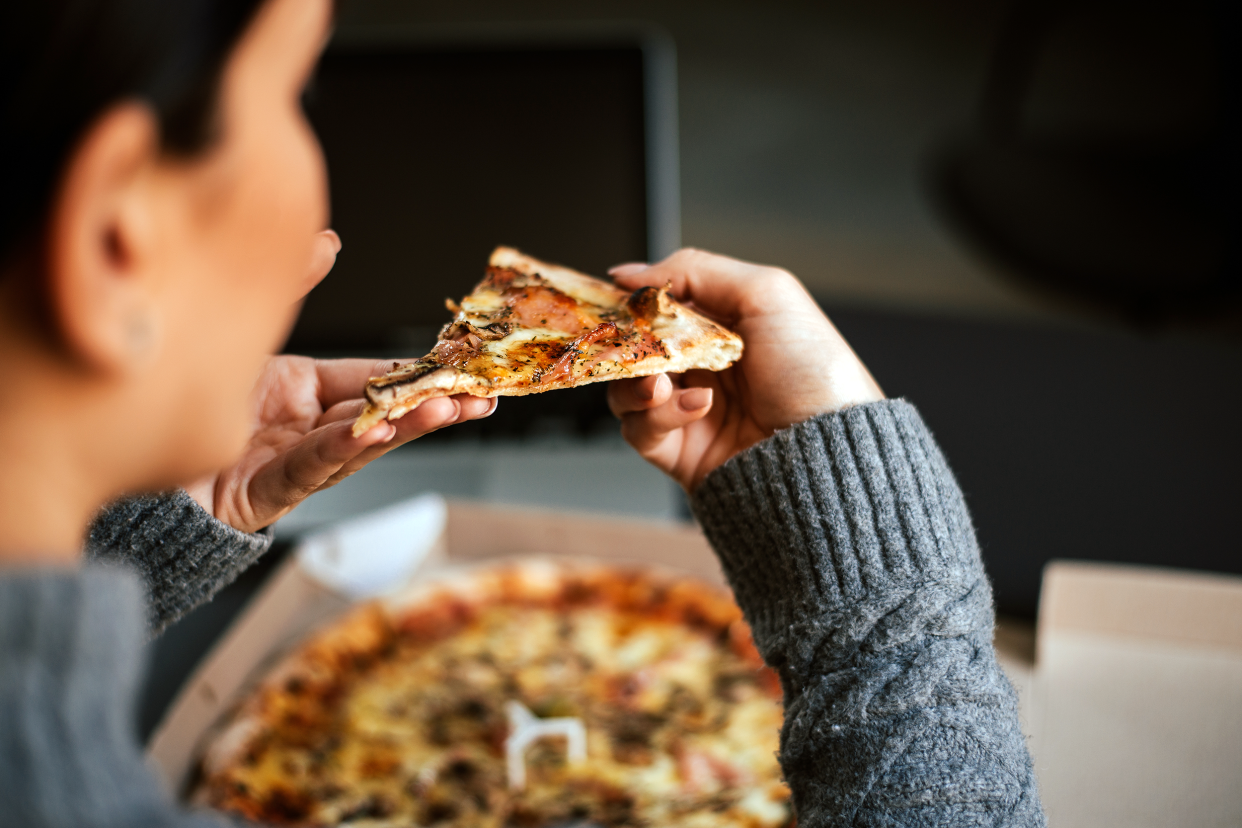
The need to eat beats out the need to sleep when it comes to the brain's survival instincts, according to research cited by Prevention. Food can even trump sunlight in controlling circadian rhythms, which makes it important to have a true 12-hour fast before breakfast, forcing the body to recognize that time as morning even with factors such as jet lag at play. If you do indulge, stay away from foods that make snoozing even tougher. Avoid caffeine (which is hiding in foods such as dark chocolate); hard-to-digest meats such as chicken and beef; fiber-packed foods such as broccoli; and alcohol, which can help you doze off but lower sleep quality later in the night.
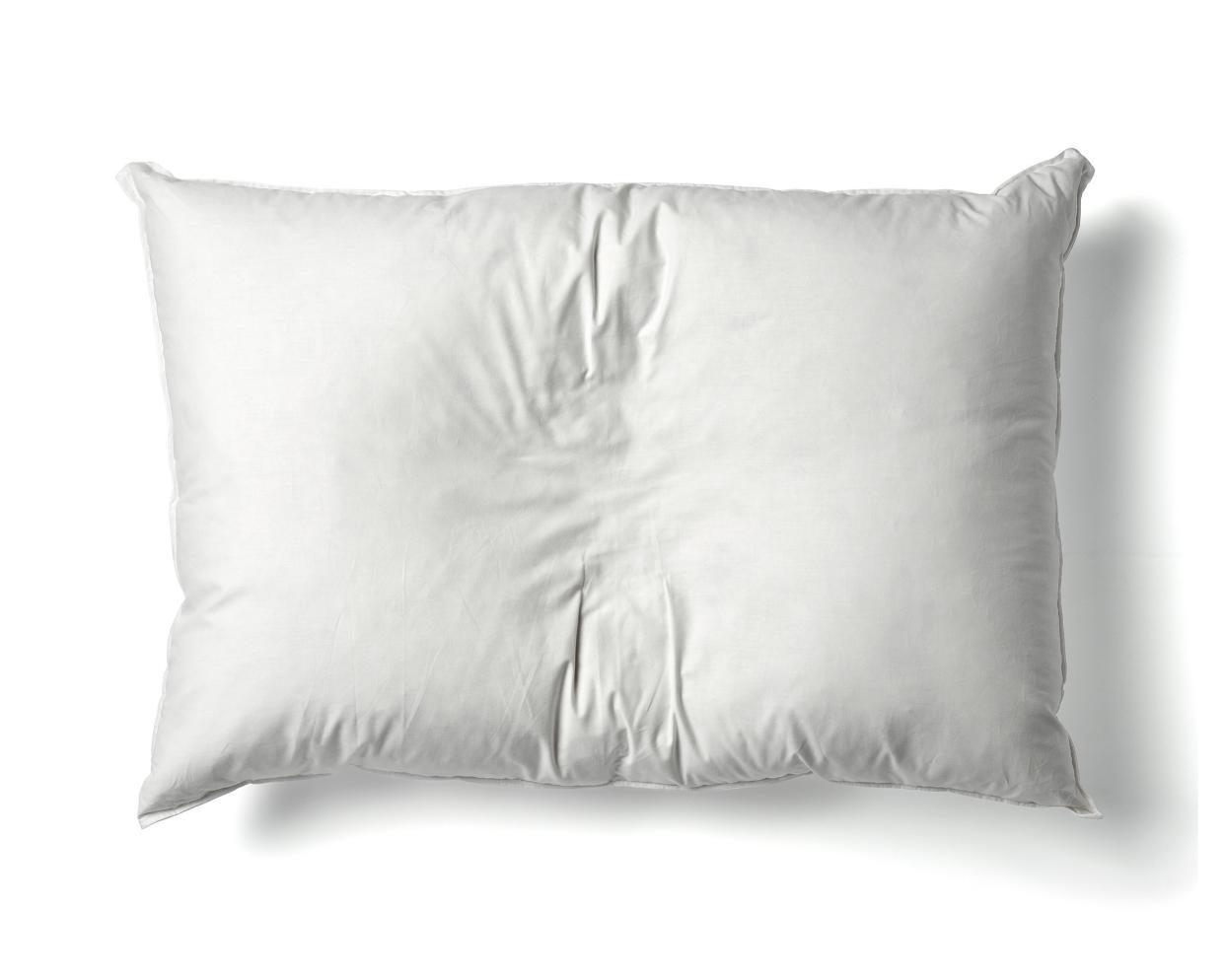
A pillow isn't just a pillow. Experts say to start searching for the ideal pillow by considering whether you normally sleep on your side, back, or stomach. Side sleepers need firm pillows; back sleepers need slightly thinner ones with a bit of extra roundness in the bottom third to support the neck. Stomach sleepers should go for fairly flat pillows. A combination of feather and down stuffing works for many because it can be molded for support. Synthetic versions are available for allergy sufferers.
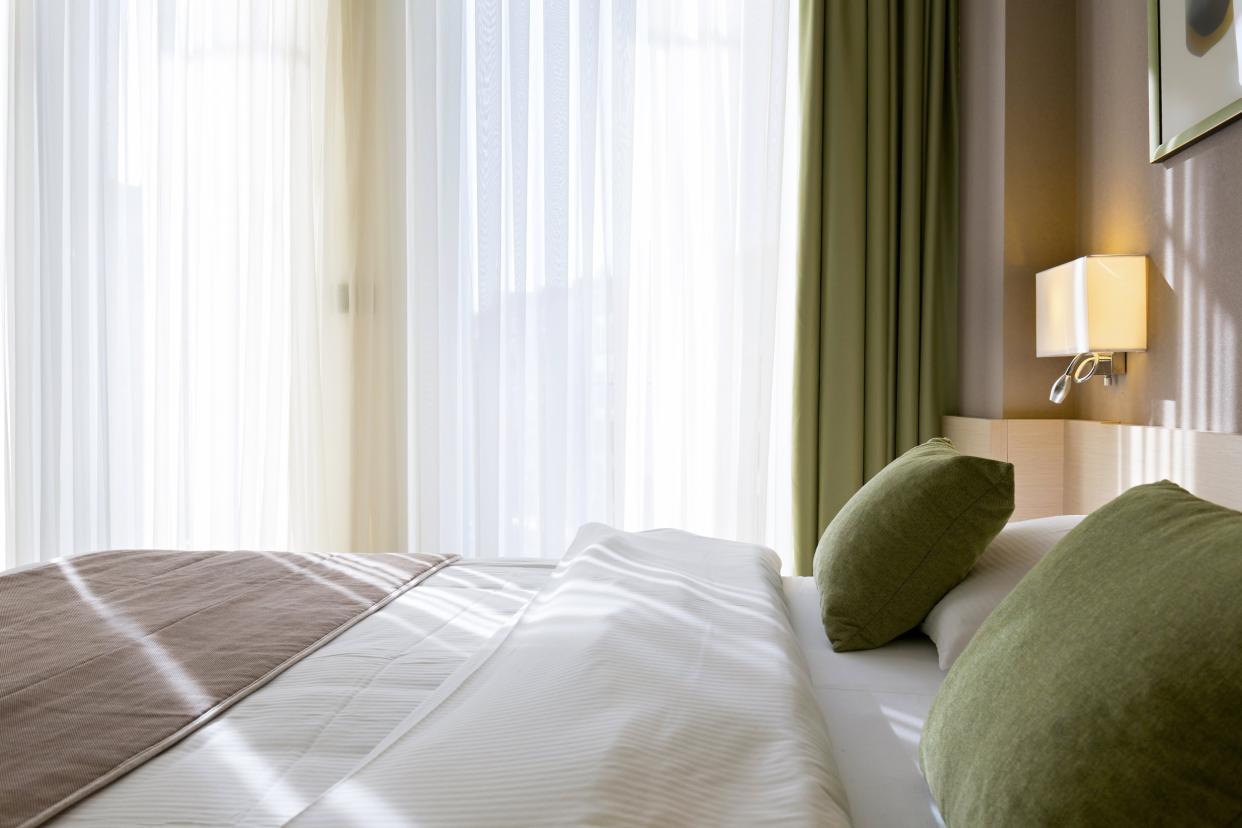
Unless you're way out in the country, light pollution — whether from headlights, streetlights, or even a pesky porch light — is likely to be an issue, especially with a trend toward bigger windows and thinner draperies that keep many bedrooms too bright for optimal sleep. Try blackout curtains, which are made from heavier fabric and lined to provide an extra barrier against light. They are pricier than sheer fabric but widely available at big-box stores. If you have curtains you love, consider adding inexpensive blackout liners using drapery hooks.
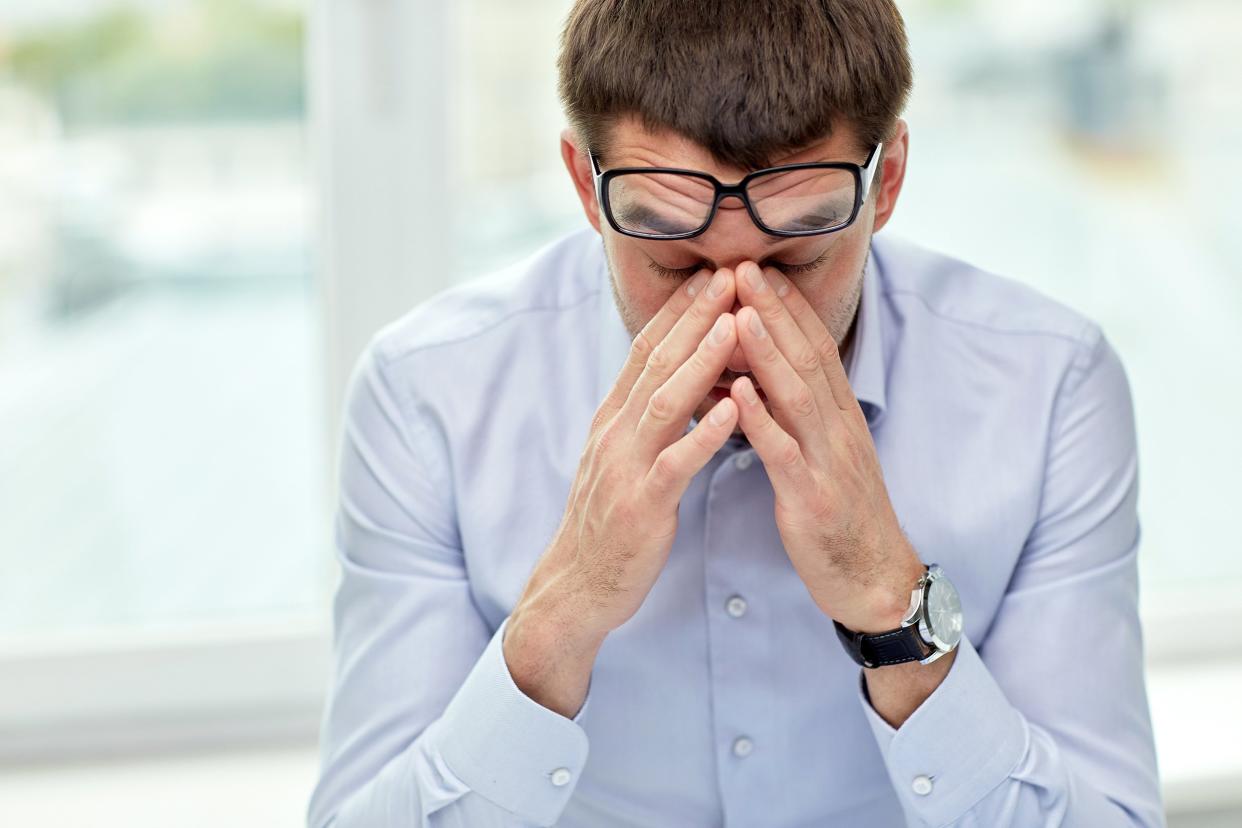
Unsurprisingly, stress and sleep are intimately connected. Almost half of adults who report feeling high levels of stress day to day say they aren't getting enough sleep, compared with only 10% of low-stress adults, according to a survey by the American Psychological Association. This touches off a vicious cycle, because adults who don't get enough sleep exhibit more symptoms of stress. The National Sleep Foundation recommends a "buffer zone" between potentially stressful activities and bedtime — that means no work, paying bills, or potentially prickly conversations within a couple of hours of bedtime.And, if you can swing it, no thinking about coronavirus, politics, or the economy.
Related: Inexpensive Products to Ease Stress at Home

Doing everything else right but still have trouble falling or staying asleep? Check the medicine cabinet. A number of common prescription drugs are linked to poor sleep, including beta blockers meant to combat high blood pressure and SSRI antidepressants such as Prozac and Zoloft. Also in question are certain drugs prescribed for heart arrhythmia, asthma, high cholesterol, ADHD, and hypothyroidism. A doctor may advise that over-the-counter medications, including antihistamines and decongestants, as well as pain relievers with caffeine, such as Excedrin, can be problematic too.
